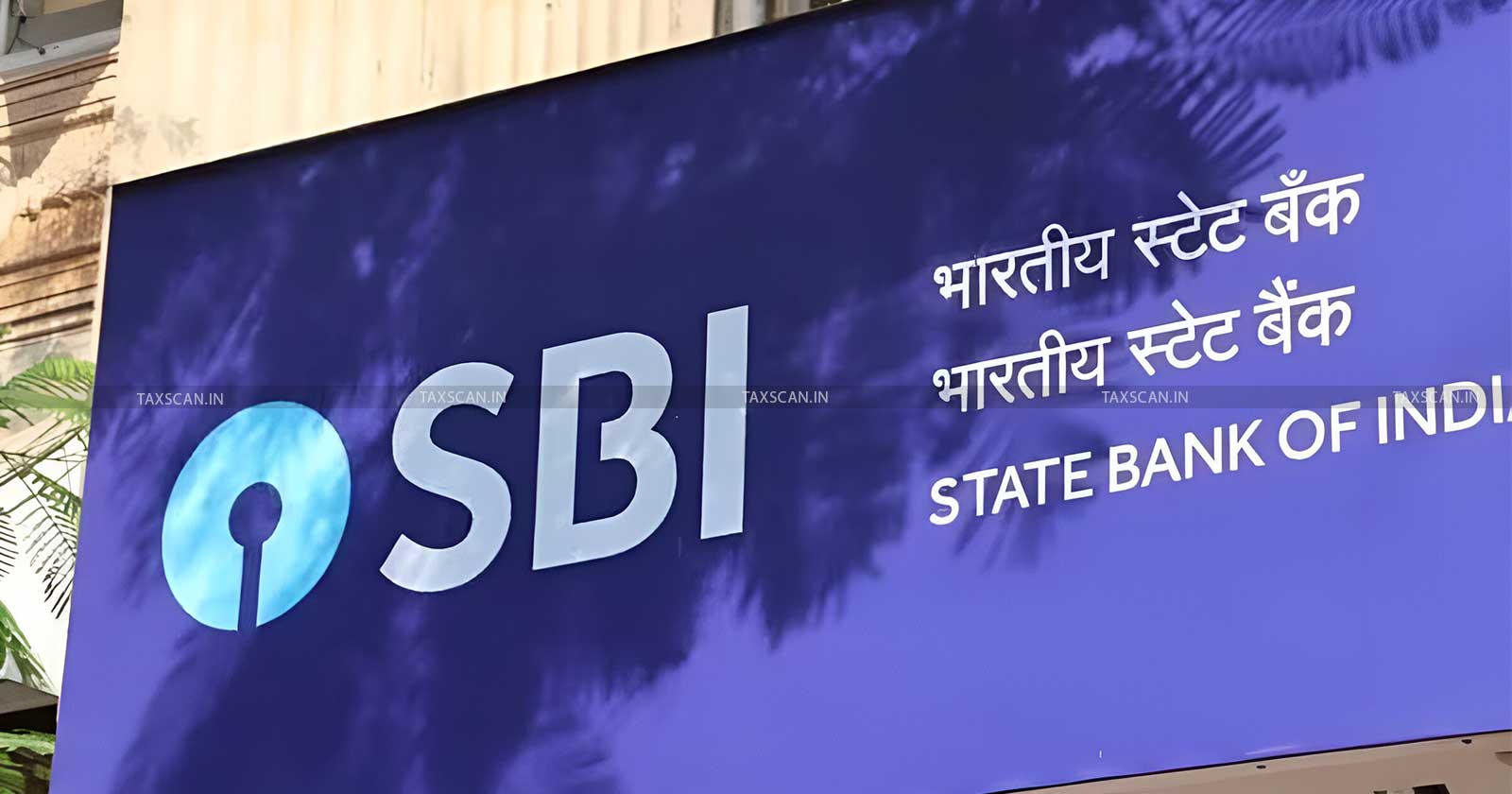Unilateral Revocation of Guarantee does not Discharge Guarantor from his Obligations in absence of Acceptance by Creditor: NCLAT rules in favour of SBI [Read Order]
The bench observed that the mistake, if any on part of RP was not deliberate or malafide.

Unilateral Revocation – Unilateral Revocation of Guarantee – NCLAT – NCLAT rules in favour of SBI – bligations under the guarantee agreement – Indian Contract Act – Taxscan
Unilateral Revocation – Unilateral Revocation of Guarantee – NCLAT – NCLAT rules in favour of SBI – bligations under the guarantee agreement – Indian Contract Act – Taxscan
The National Company Law Appellate Tribunal (NCLAT) of the New Delhi bench ruled in favor of SBI, holding that when the Financial Creditor has not consented to the revocation, respondent No. 1's unilateral revocation of the guarantee does not release him from his obligations under the guarantee agreement.
Through working capital loans and term loans, the corporate debtor received financial support from SBI in 1999. This was made possible by an agreement signed on December 6, 2005. As a director of the CD, Mr. Gourishankar Poddar signed a deed of guarantee on July 10, 2013, securing an increased loan amount of Rs 292 crores.
Become a PF & ESIC expert with our comprehensive course - Enroll Now
The guarantee was then withdrawn in a letter from the personal guarantor. The SBI responded to the letter by stating that the guarantor would still be held accountable because the guarantee was irreversible and could not be unilaterally canceled. SBI sent a demand notice to collect the loan amount. The SBI filed an application under section 95 of the code to start the insolvency proceedings against the guarantor after the guarantor failed to respond. The AA rejected the application on the grounds that the claims were time-barred and the guarantee had been withdrawn.
It was submitted that the guarantee executed by Respondent No. 1 and consequently reaffirmed is an irrevocable guarantee under which liability continues until entire debt of the CD is discharged. It was also argued that approval of Resolution Plan does not absolve guarantor from his obligations under the guarantee as held by the Supreme Court in State Bank of India v. V. Ramakrishnan (2018). Under section 130 of the Indian Contract Act, a guarantee can be revoked for future transactions but such revocation cannot be effected unilaterally and without the consent of the creditor.
Become a PF & ESIC expert with our comprehensive course - Enroll Now
Per contra, the respondent submitted that 2014 guarantee is invalid as it was procured through misrepresentation and coercion as the financial creditor had failed to disclose critical facts about the guarantor's resignation. Any guarantee obtained through misrepresentation is void under section 142 of the Contract Act.
According to the tribunal, Respondent No. 1 had already resigned and the Board had accepted his departure long before he signed the 2014 guarantee deed on March 29, 2014. The claim that he was under duress or coercion to sign the guarantee document is unfounded because he was not required to do so after resigning. It is also evident that he was writing to the bank to cancel the current guarantee at the same time. If the guarantees were given under duress, the respondent had the right to rescind them through the judicial system.
Become a PF & ESIC expert with our comprehensive course - Enroll Now
The tribunal noted that because the creditor had not given their approval, the guarantor's duty was not released by the unilateral renunciation of the guarantee.It also pointed out that the 2013 Agreement and 2014 Guarantee had explicit language stating that Respondent No. 1 was still accountable regardless of changes to the terms of the contract or security.
The tribunal held that liability of the Respondent No.1 due to subsequent amendments, if any, to the agreement to the extent they are beneficial to the Respondent No.1 would remain. The Respondent No.1 would continue to be liable for outstanding amount as per the guarantee agreement or subsequent amendments, whichever is lower, but it would not lead to discharge of his liability.
Become a PF & ESIC expert with our comprehensive course - Enroll Now
The judicial member, Justice Rakesh Kumar Jain, the technical member, Mr. Naresh Salecha, and the technical member, Mr. Indevar Pandey, determined that Respondent No. 1 is the guarantor and the corporate debtor's liability is coterminus. Liability for Respondent No. 1 would therefore only occur when the Corporate Debtor's obligations became due. Therefore, under the Act of 1963, any recognition of debt by the principal borrower is likewise regarded as an acknowledgement by the guarantor.
It further observed that the application for initiating CIRP proceedings against the Respondent No.1 was filed well in time and is maintainable. The Adjudicating Authority without going into the merits of the case had decided that the application was time barred.
Become a PF & ESIC expert with our comprehensive course - Enroll Now
The bench observed that the mistake, if any on part of RP was not deliberate or malafide. The Appellant has copied the list of events from the application filed by the SBI with given due disclaimer in the table giving the source of information. The Adjudicating Authority was free to seek clarifications from appellant regarding 06.02.2016 letter, which was not done.
To Read the full text of the Order CLICK HERE
Support our journalism by subscribing to Taxscan premium. Follow us on Telegram for quick updates


